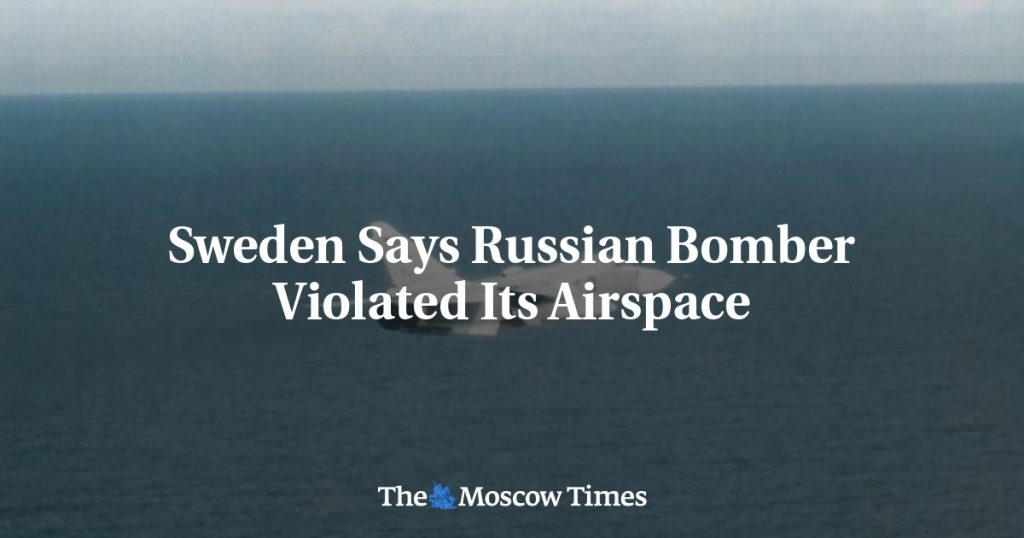A recent incident involving a Russian Su-24 bomber violating Swedish airspace near the island of Gotland has raised concerns about territorial integrity and military preparedness. The violation occurred just three months after Sweden became a full member of NATO, following two centuries of military non-alliance. The Russian aircraft ignored warnings from the Swedish air combat command and had to be escorted out of Swedish airspace by two JAS-39 Gripens. This brief violation has been deemed unacceptable by Swedish authorities and highlights a lack of respect for territorial boundaries. The strategic location of Gotland, in close proximity to the Russian exclave of Kaliningrad, further underscores the importance of monitoring air and naval activities in the Baltic Sea.
In response to increasing tensions in the region, Sweden reopened its garrison on Gotland in 2018 after years of reduced military spending led to its closure in 2004. The annexation of Crimea by Russia in 2014 prompted Sweden to bolster its military capabilities, and the subsequent invasion of Ukraine in 2022 further emphasized the need for enhanced security measures. Sweden’s decision to join NATO marked a significant shift in its military strategy and reflected growing concerns about Russia’s actions in the region. The proximity of Gotland to potential conflict zones makes it a key location for monitoring and responding to any threats to Baltic security.
The recent incident is not the first time Russia has violated Swedish airspace, with a similar event occurring in March 2022 when Swedish fighters intercepted Russian aircraft over Gotland. These incidents raise questions about Russia’s intentions and the need for increased vigilance and preparedness on the part of Sweden and its NATO allies. The violation of airspace by Russian aircraft demonstrates a willingness to challenge international norms and test the response capabilities of neighboring countries. Sweden’s swift response in escorting the Russian bomber out of its airspace reflects a commitment to defending its territorial integrity and protecting its sovereignty.
The presence of Russian military aircraft near Swedish airspace highlights the ongoing security challenges in the region and the need for constant monitoring and preparedness. The strategic importance of Gotland as a key location for controlling air and naval movements in the Baltic Sea underscores the significance of securing this territory and preventing any unauthorized incursions. Sweden’s historic decision to join NATO reflects a broader reevaluation of its defense strategy and a recognition of the need for collective security measures in the face of regional instability. The incident serves as a reminder of the complex security dynamics in the Baltic Sea region and the importance of maintaining a strong defense posture to deter potential threats.
The need for close coordination and cooperation among NATO allies is crucial in responding to security challenges and deterring potential aggression. Russia’s repeated violations of Swedish airspace underscore the importance of a unified and coordinated response to safeguard the region’s security. The incident near Gotland serves as a wake-up call for continued vigilance and preparedness in the face of evolving threats and demonstrates the need for ongoing monitoring and response capabilities. By working together, Sweden and its NATO allies can effectively deter potential aggressors and ensure the stability and security of the Baltic Sea region.















